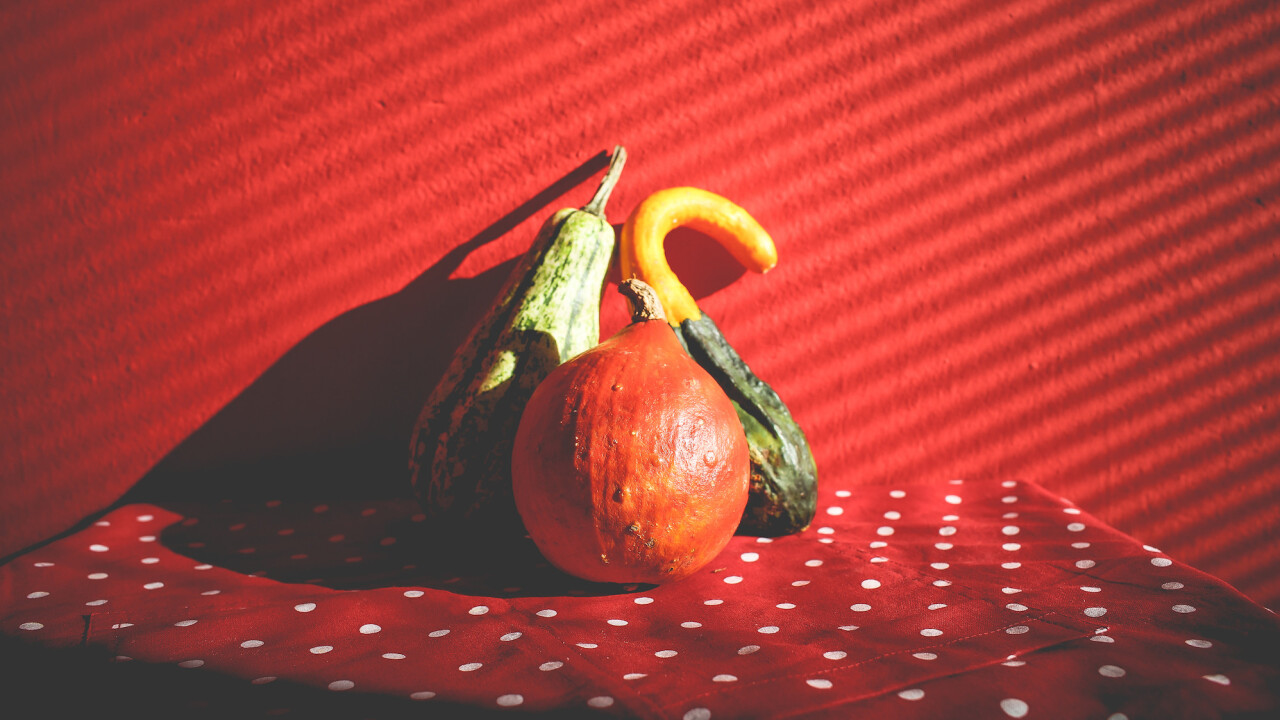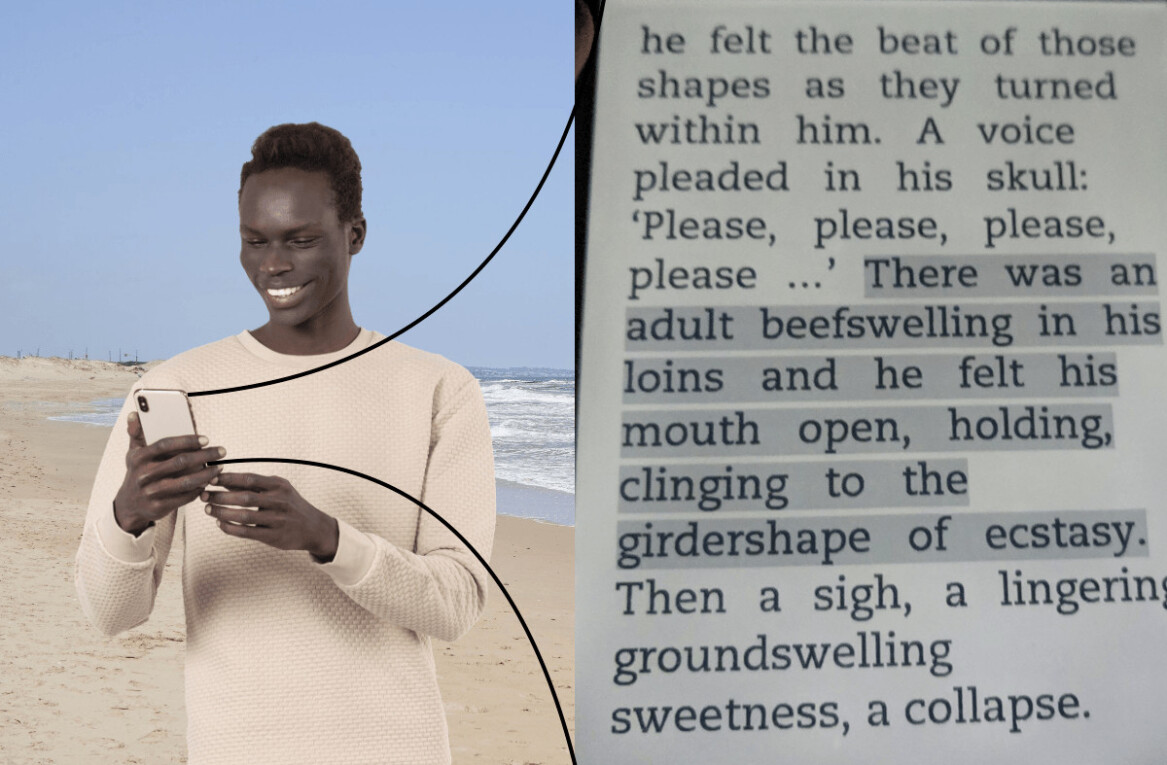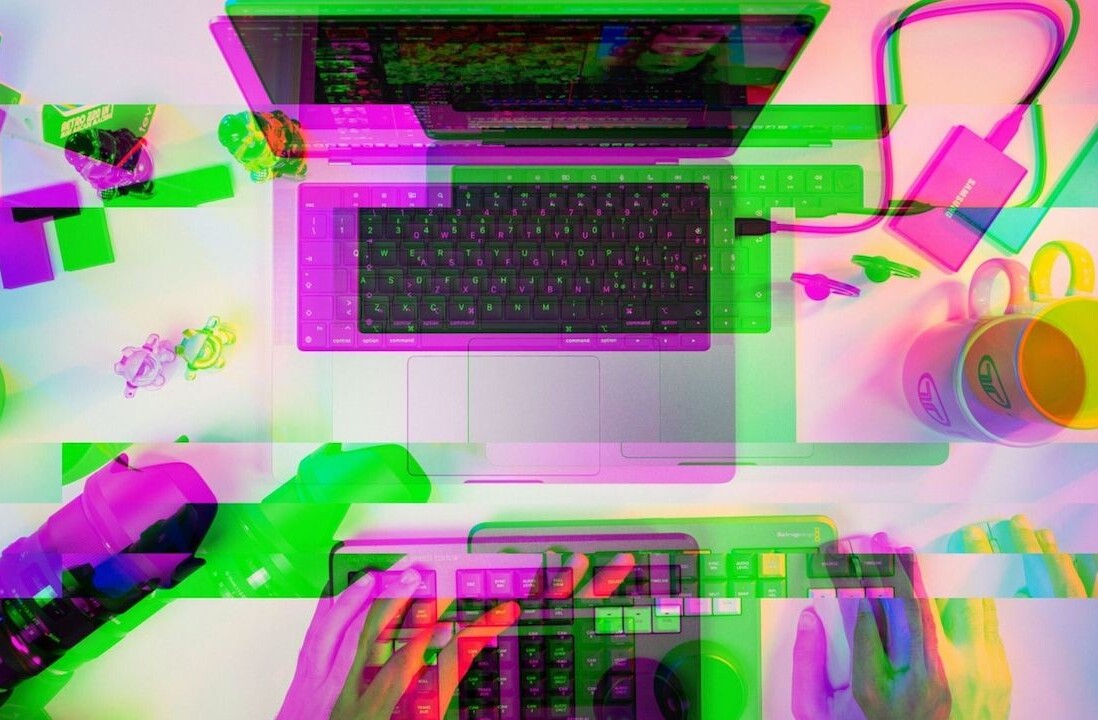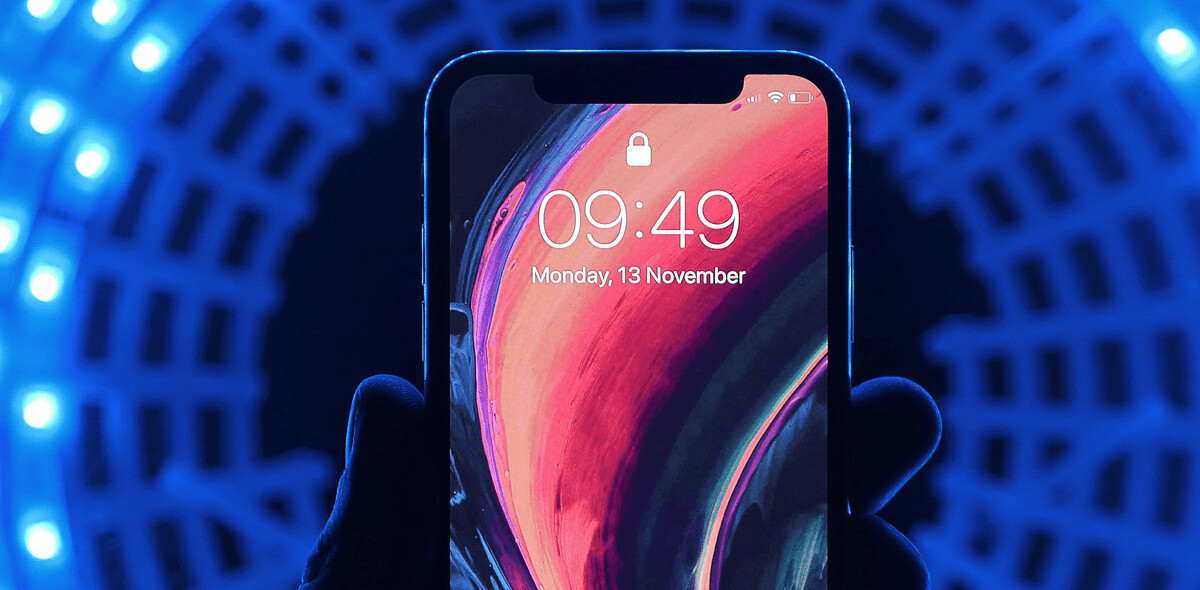
Ben Huh is the founder and CEO of The Cheezburger Network. This post originally appeared on Ben’s Medium blog.
I’m not good at quantifying my life. Most of us aren’t. We don’t think of life as a finite resource that needs management, but it is. Life is finite and we keep using it up every second. Even the smartest people I know only have a vague sense of what’s left versus what’s been used in their lives.
The Quantified Self movement of step trackers and sleep apps has gotten it backwards. The way to change our behavior isn’t to measure our daily accomplishments, but to measure it relation to what remains of our life.
Why don’t more of us quantify the dwindling resource of life? It’s just too morbid. We are frozen with uncertainty about our future. We are so busy with tomorrow that we forget the todays we have left. We’re simply in denial.
So I counted what is left in my life. In order to make the process work, I stopped using the language of uncertainty and started being overly definite about what is left. I started by calculating my activities and predicted their future occurrences. Then I forced myself to write them in clear, unambiguous statements.
Let’s start with two hard numbers:
I will live to 83. I will be active until 75.
Between today and the day I die, I have 5 more home buys left. I have 19 car purchases left. I have 1,368 bottles of wine left to drink. I have 46 new countries left to visit. I have 8,376 dinners left with my wife. Et cetera, et cetera. The one number that I can’t bring myself to publish is the number of times I have left to see my mom. I can feel the tears welling up inside me.
These numbers don’t make me happy. They are morbidity made real. They are a harsh reality opposed to the vague, positive, seemingly infinite notion of the future I used to have.
But my overly definite count of life that remains is just as real of a construct as a dreamy, foggy future. The quantification of life that remains is a huge dose of reality.

There is one unwavering positive realization that comes from counting the life that remains: I am my own Dr. Emmett Brownand my own Marty McFly. My time machine isn’t a retro-futuristic stainless steel DeLorean. My time machine is just elementary school math on a spreadsheet. All that’s required to travel to the future is to take off the blinds of uncertainty and exchange them for a confident prediction — and know that we are free to correct them with deliberate changes in behavior.
Did facing my mortality make me more appreciative of my life?
I have 228,000 miles left to drive in my life. I won’t be changing my behavior on that. While I can wax poetic about the joy of every mile, that’s bullshit. I’ll spend most of it zombie-driving in traffic. However, I only have 46 New Year’s Eve celebrations left (Whoa! That’s less than 50!). I’ll definitely be more appreciative and more thoughtful about how I spend my New Year’s Eves.
It also turns out, I see an average of one fireworks show per year (I regularly miss NYE or Independence Day). Forty six fireworks shows remaining? Damn. Let’s order up a change in habit.
Be warned. Quantification of the life that remains isn’t a blanket license to upend everything right now. In fact, radical behavioral changes rarely stick.
Quantification is a cautionary tale of how I’ve sleepwalked through many amazing moments, and the determination that I can change my future.
There are only two ways to change the future
For example, I read an average of one book every 2.5 weeks. It was a surprise to learn that I had less than 1,000 books left to read — 966 to be exact.
Given the amazing literary works throughout history and the amazing works to come in the next 46 years, I began to wonder if I would be happy with this number. The simple thing to do is to increase the time spent on book reading. But there in lies the problem. Quantification of life that remains is a brutal reminder in the finiteness of time.
I can try to extend my life, but there’s very little I can do to actually extend the useful, vibrant portion of it. Unless science produces some magic, efforts to fight the clock are not my best return on investment.
So that means doing less of something else. Fortunately, there’s a lot of bullshit in our lives and I can remove as much of that as possible. Who doesn’t love getting rid of crap! But that leads to another problem: Removing bullshit means spending lots of time looking for, and focusing on, the bullshit. Eww.
It’s a lifelong struggle to change the ratio of good time vs. bad time because it is dependent on so much external, uncontrollable events like traffic, the economy, other people, etc. Fighting what I can’t change means I’m just shouting into the wind. That’s the opposite of how I want to spend my time.
Can I do more of what I want by removing what I don’t want? Sometimes. Is it the best way to improve the rest of my life? No. There’s a better way.
Two: Improve the quality of what’s left
I can, however, change how I view each and every experience.
Let’s take the diverse world of food. I have 114 Michelin-star meals remaining. I also have 14,352 cups of coffee and 7,176 bananas left (at time of publication 7,175 bananas remain).
It’s not about spending more money. I suppose I could drink only Kopi Luwak brewed in the vacuum of space, or eat only organic dwarf bananas picked by albino-chimps, or only dine at 3-Michelin star restaurants in eastern Spain. (I could, but that devolves the question of quality into a matter of financial constraint and is ultimately a zero sum gain and yet another drain on time.)
Quality of experiences is entirely a mental, self-controllable pursuit. There are many ways to attain the skills: meditation, self-help, religion, etc. But at the core of each and every single one is the message “It’s not about grabbing more, but appreciating the now.”
Here’s what I can do: I can be thoughtful. I can be deliberate. I can create a physical depleting reminder to what I have left — such as marbles in a jar. I can say “yes” to the important, and say “no” to everything else. I can love the good and accept the bad. (I can go on, and on.)
All of these phrases are familiar because we have all been told how to lead a quality life. Yet we don’t. We make excuses.
That was until I counted how many birthdays I had left: 46.
P.S. Thanks to two people whose recent posts inspired me to write this: Ryan Holmes and Dr. Ezekiel Emanuel
Get the TNW newsletter
Get the most important tech news in your inbox each week.




